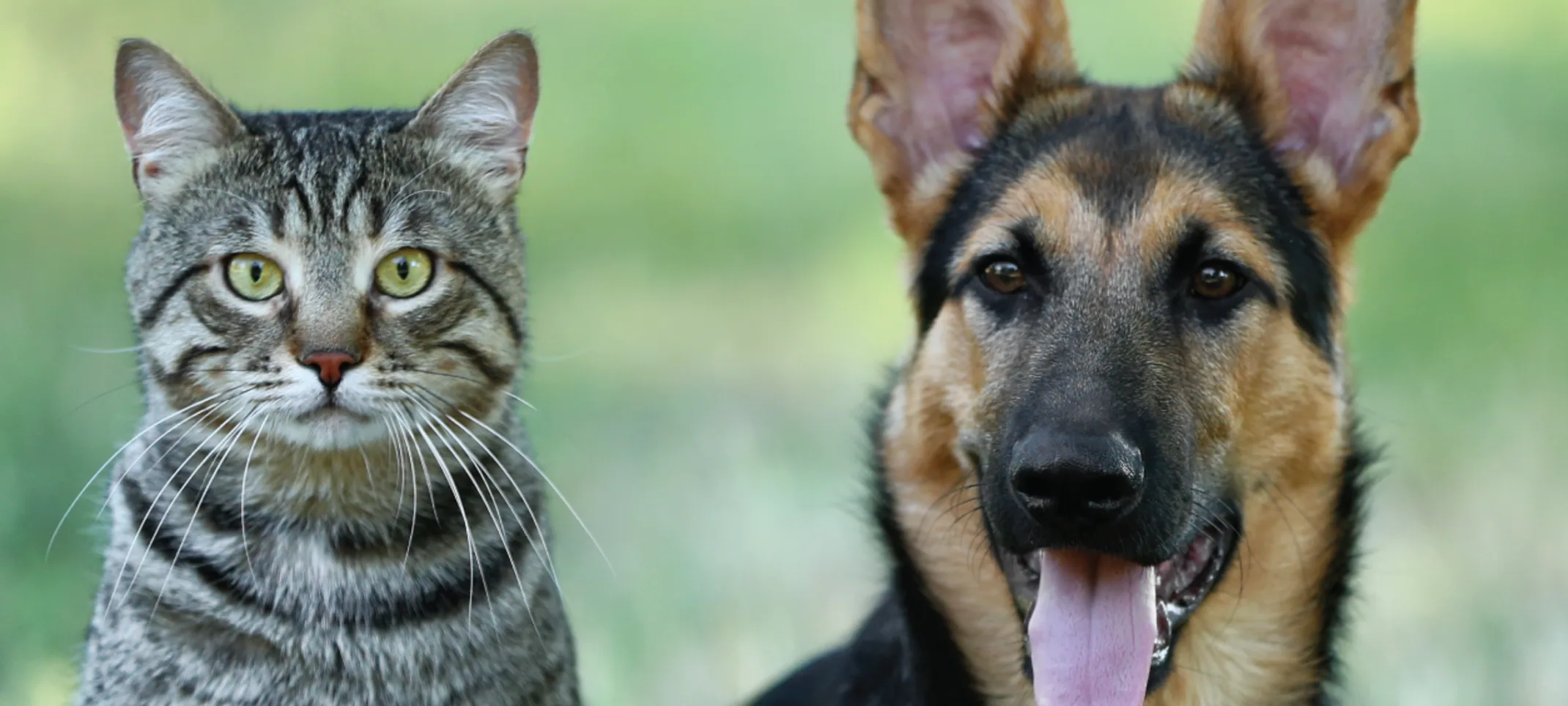Dove Mountain Veterinary
Anesthesia and Post-Op Care
Information regarding Anesthesia and Post-Op Care for surgeries.

Anesthesia
Most surgical procedures will require the use of general anesthesia. This will keep your pet from feeling any of the procedures, and will also stop from having your pet suffer from stress or anxiety as they would if they were aware of the people and actions in their surroundings. In addition to eliminating any fear and discomfort your pet would experience, anesthesia also helps our veterinarian. They do not need to worry about their patient moving around during a surgical procedure if anesthesia is used. This will ensure the best possible care is given to your pet as distractions will not be an issue.
Post-Op Care
After your pet has a surgical procedure conducted, it is likely they will experience some discomfort as they heal. Our vet will provide you with a list of actions you should take to keep the incision site clean. It is important to check over the incision area daily as well. If it appears to be infected, leaking fluid, or bleeding, call our veterinarian for an assessment of the area. Adhere to any medication requirements after an operation as well so your pet heals without dealing with excessive pain.
